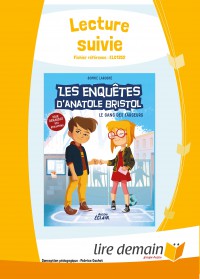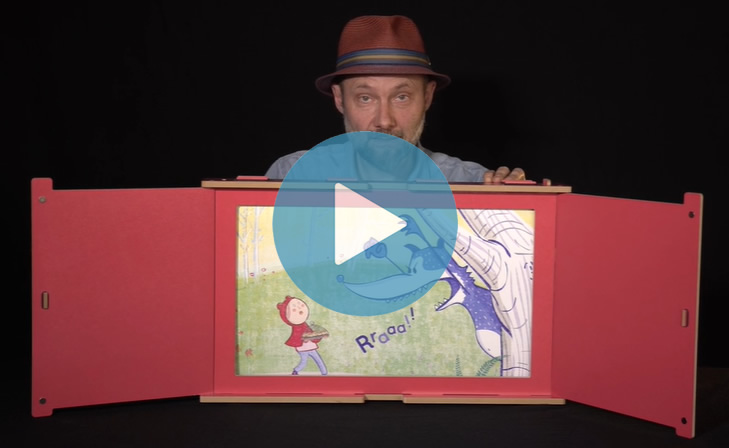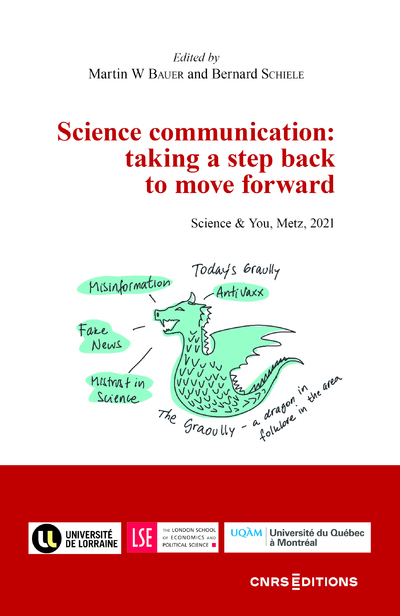Sur Lire-Demain.fr :
9% de remise sur tout le catalogue
Paiement par mandat administratif
Littérature jeunesse établissements scolaires
- Lire L'été
-
Tous nos livres▼
En 1 clic
Rayons & niveaux
Outils pédagogiques
-
Outils pédagogiques▼
Tout savoir sur nos outils pédagogiques
Voir nos outils pédagogiques
Je lis, je comprends
-
Kamishibaï▼
Tous nos Kamishibaïs
-
Offres & promos▼
Offres packs Kamishibaïs
Packs livres en promotion
- Nos packs apprendre par le jeu de société
- Nos packs mythologie
- Nos packs écologie
- Nos packs 2nd Guerre Mondiale
- Nos packs harcèlement et différence
- Nos packs Japon
- Nos packs projet NEFLE
- Nos packs BCD
- Nos packs DYS
- Nos packs crèche
- Nos packs bandes dessinées
- Nos packs Mangas
- Nos packs Stop aux écrans
- Nos pack Livres de Prix
- Voir tous les packs
- Catalogues Pdf
- Héros Auzou▼
- Mini-Boutiques
- C'est mon livre
- Blog
-

Mon compte
Mes favoris
Nos délégués
Suivi commande
Besoin d'aide?
Contactez-nous
Votre partenaire livres après votre librairie, spécialiste de littérature jeunesse auprès des établissements scolaires et collectivités.












